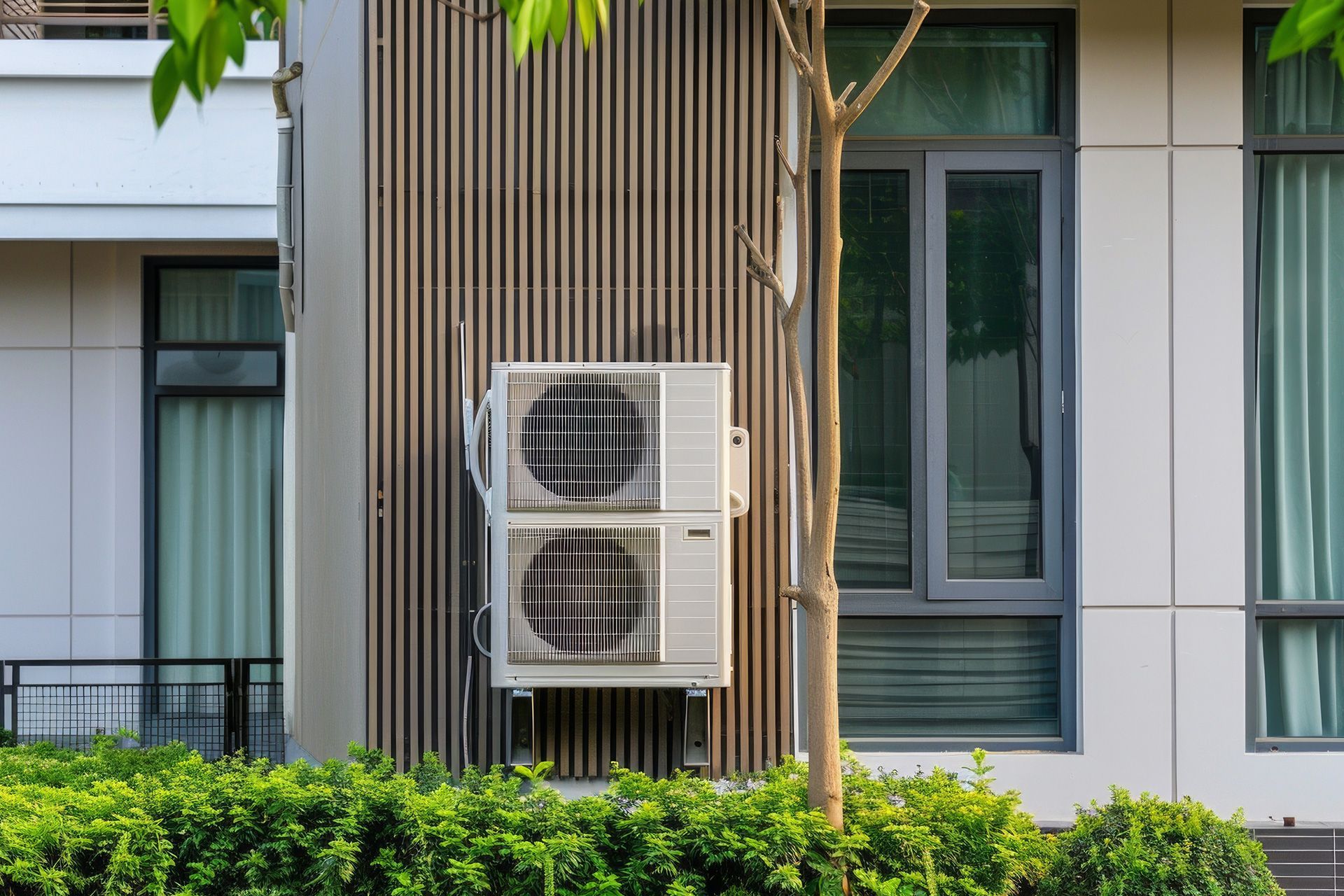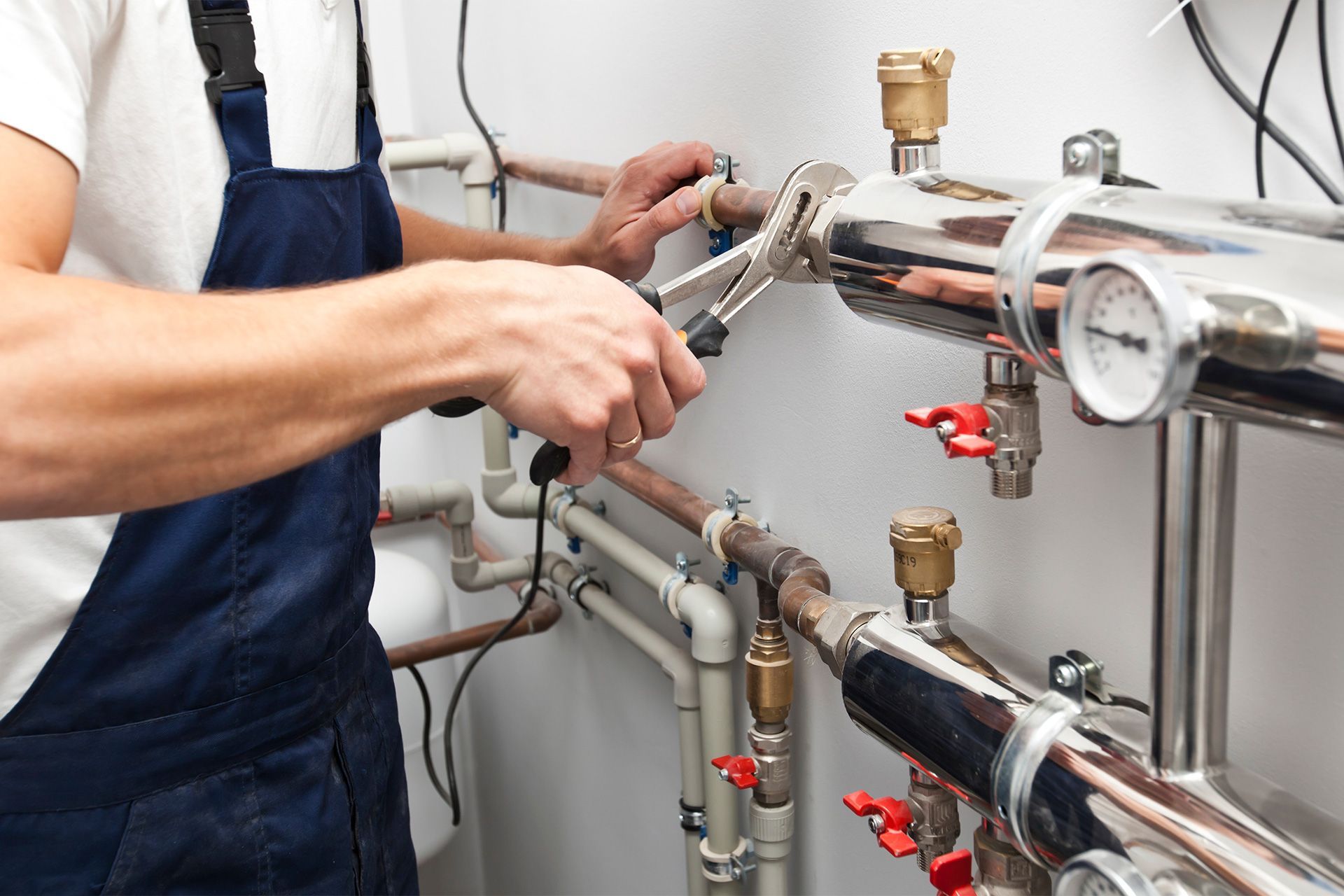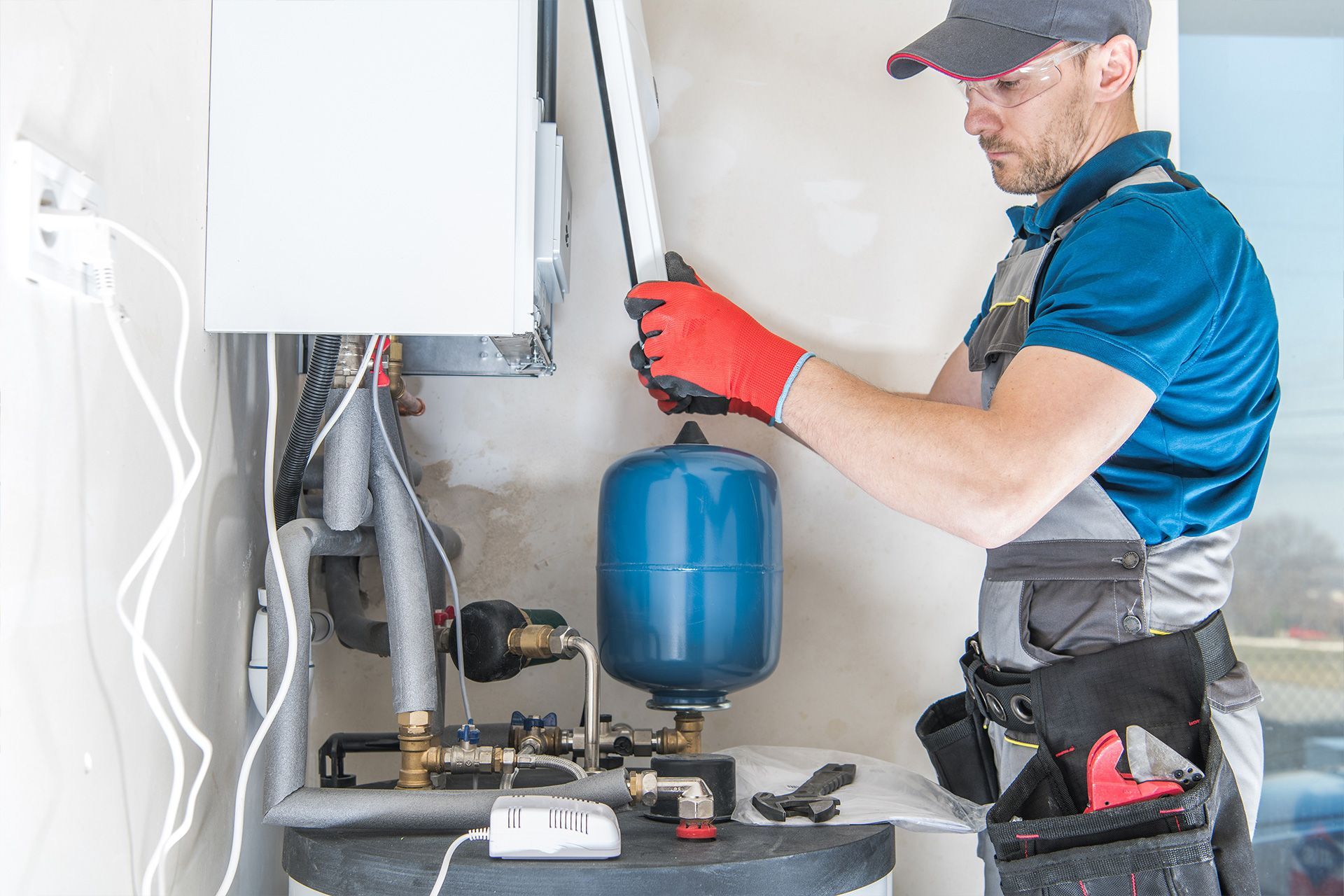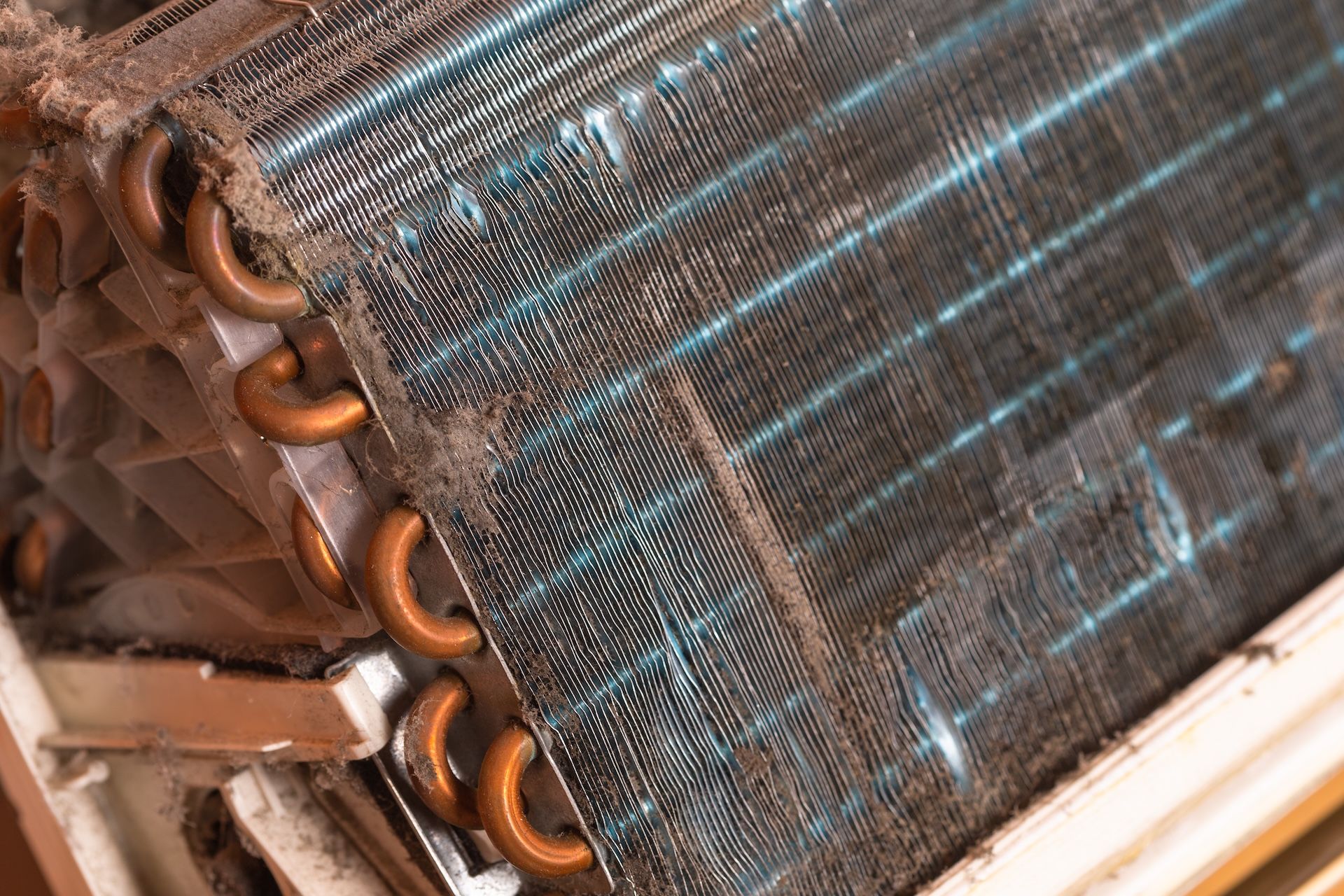AC Not Cooling Upstairs? Tips to Cool the Upstairs of Your Home
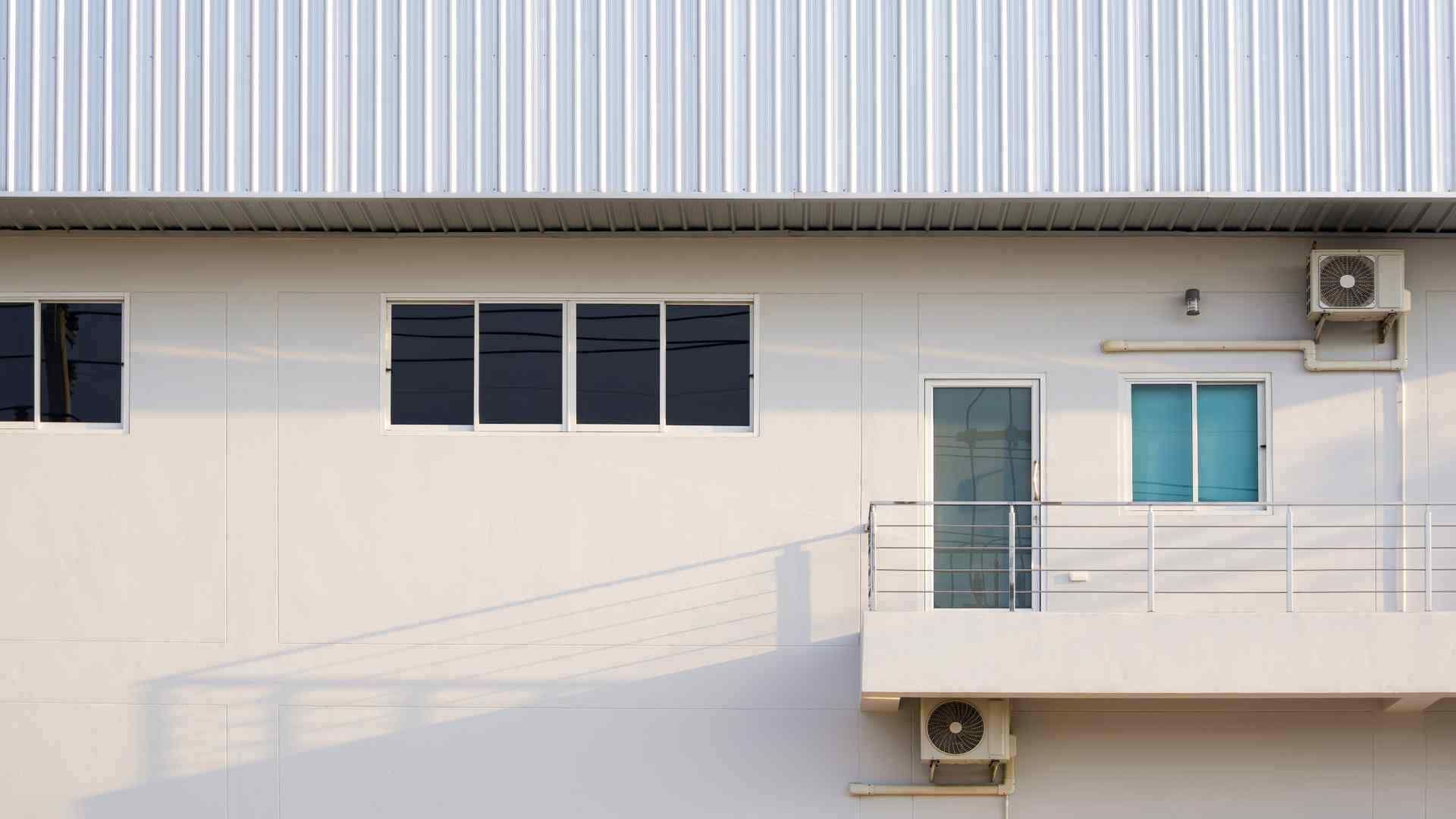
If you live in a two-story home, you might have noticed that the upstairs feels warmer than the downstairs even when your AC is running full blast. It’s a common problem for homeowners, especially during the hot summer months. If your AC is not cooling upstairs, don’t worry! There are practical ways to fix it and keep your whole house comfortable.
In this guide, we’ll explain why your AC struggles to cool the upper level, what you can do about it, and when to call a professional. These two-story house air conditioning tips are designed to help you stay cool and energy efficient.
Why Your Upstairs Feels Hotter Than Downstairs
Before fixing the problem, it helps to understand what’s going on. In most homes, heat naturally rises. That means even with your air conditioner working properly, the upstairs will trap more heat.
Here are the most common reasons your AC is not cooling upstairs:
- Heat rises – Warm air moves upward, so the top floor collects more heat from the lower floor.
- Poor airflow – If your vents, ducts, or filters are dirty or blocked, cool air can’t circulate evenly.
- Inadequate insulation – Hot air from the attic can leak into upstairs rooms.
- Old or undersized AC unit – If your AC system isn’t powerful enough for a two-story house, it will struggle to cool all levels evenly.
- Leaky ducts – Holes or gaps in ductwork cause cool air to escape before reaching the upstairs.
- Improper thermostat placement – A thermostat on the first floor might turn off the system before the second floor cools down.
Step-by-Step Tips to Cool the Upstairs of Your Home
Let’s explore practical two-story house air conditioning tips to balance the temperature throughout your home.
1. Check and Replace Air Filters
A clogged air filter is one of the easiest problems to fix. Dirty filters restrict airflow and reduce cooling efficiency. Replace your AC filters every 1–3 months, especially during summer. This simple step helps your unit push more cool air upstairs.
2. Inspect and Clean Vents and Ducts
Make sure all supply and return vents are open and not blocked by furniture or curtains. Use a vacuum or duster to remove dirt and debris from vent openings. If you suspect buildup inside the ducts, consider hiring a professional for duct cleaning.
3. Adjust Your Dampers
In many HVAC systems, dampers control airflow to different parts of the home. Look for levers or metal plates on the ductwork usually near where the main trunk splits off. Slightly close the dampers going to the first floor and open the ones leading upstairs. This directs more cool air to the upper level.
4. Use Ceiling Fans Wisely
Ceiling fans help circulate air so the cool air doesn’t stay near the floor. During summer, set your fan to spin counterclockwise to push cool air downward. This helps the upstairs feel cooler without lowering your thermostat.
5. Block Heat from Windows
Sunlight streaming through upstairs windows adds a lot of heat. Close blinds or curtains during the day, especially on south- and west-facing windows. You can also use blackout curtains or install reflective window film to reduce heat gain.
6. Seal and Insulate the Attic
Poor insulation in your attic can allow hot air to leak into upstairs rooms. Check for gaps, cracks, or thin insulation layers. Adding insulation or sealing leaks can significantly improve temperature balance between floors.
7. Install a Zoned Thermostat System
A zoning system divides your home into separate “zones,” each with its own thermostat. This allows you to control temperatures independently for upstairs and downstairs. It’s one of the best long-term solutions if your AC is not cooling upstairs effectively.
8. Use Portable AC Units or Smart Vent Systems
If you’re not ready for a full HVAC upgrade, a portable AC unit or a smart vent system can provide extra cooling for upstairs rooms. Smart vents automatically adjust airflow based on temperature sensors to keep every area comfortable.
9. Schedule Regular AC Maintenance
Routine AC maintenance keeps your air conditioner working efficiently. A professional technician can check refrigerant levels, clean coils, tighten connections, and ensure your system delivers balanced cooling throughout your home.
10. Upgrade to a Two-Stage or Variable-Speed System
Older single-stage AC units often struggle with large homes. Two-stage or variable-speed systems run more efficiently and adjust cooling levels automatically. This means steadier airflow and better temperature control on both floors.
Bonus Tip: Check Thermostat Settings
Set your thermostat to “auto” instead of “on.” This ensures your fan only runs when the AC is actively cooling. If the fan runs constantly, it can pull warmer air from downstairs and circulate it upstairs, making the top floor feel hotter.
For two-story homes, consider installing a smart thermostat or a second thermostat upstairs. That way, you can monitor and control the temperature more precisely.
When to Call a Professional
Sometimes, even after trying these two-story house air conditioning tips, your upstairs might still feel warm. That’s when it’s time to call an HVAC technician. A professional can:
- Test your ductwork for leaks or pressure issues
- Measure airflow and temperature differences
- Recommend insulation improvements
- Suggest system upgrades if your unit is undersized
Ignoring these issues can lead to higher energy bills and unnecessary strain on your system.
Prevent Future Cooling Problems
To prevent the “AC not cooling upstairs” problem from returning next season:
- Schedule annual AC tune-ups in spring before the heat sets in.
- Keep vents and filters clean throughout the year.
- Check attic insulation every few years.
- Install programmable thermostats to balance temperatures efficiently.
Consistent maintenance not only helps your home stay comfortable but also extends the life of your air conditioner.
Final Thoughts
If your AC is not cooling upstairs, the fix might be as simple as cleaning filters or adjusting vents or it could require professional help. By following these two-story house air conditioning tips, you can make your home more comfortable, energy-efficient, and cool all summer long.
Need expert help balancing your home’s cooling? Contact
Old School Cooling today for professional
AC service in West Palm Florida and lasting comfort!
FAQs: AC not cooling upstairs
Why is my AC not cooling the upstairs but works downstairs?
This usually happens because heat rises, and your system struggles with airflow or insulation upstairs. It could also mean your AC unit isn’t large enough for your home.
How can I increase airflow to the second floor?
Open upstairs vents fully, close some downstairs dampers slightly, clean filters, and make sure ductwork is properly sealed.
Will adding insulation really make a difference?
Yes! Proper attic insulation prevents heat from seeping into your upstairs rooms, helping your AC maintain an even temperature.
Should I get a separate AC unit for upstairs?
If your home is large or your current system can’t handle the load, a separate system or zoned setup may be worth the investment.
How often should I get my AC serviced?
At least once a year—preferably before summer begins—to ensure it runs efficiently and avoids uneven cooling issues.
Disclaimer: The information on this website and blog is for general informational purposes only and is not professional advice. We make no guarantees of accuracy or completeness. We disclaim all liability for errors, omissions, or reliance on this content. Always consult a qualified professional for specific guidance.

